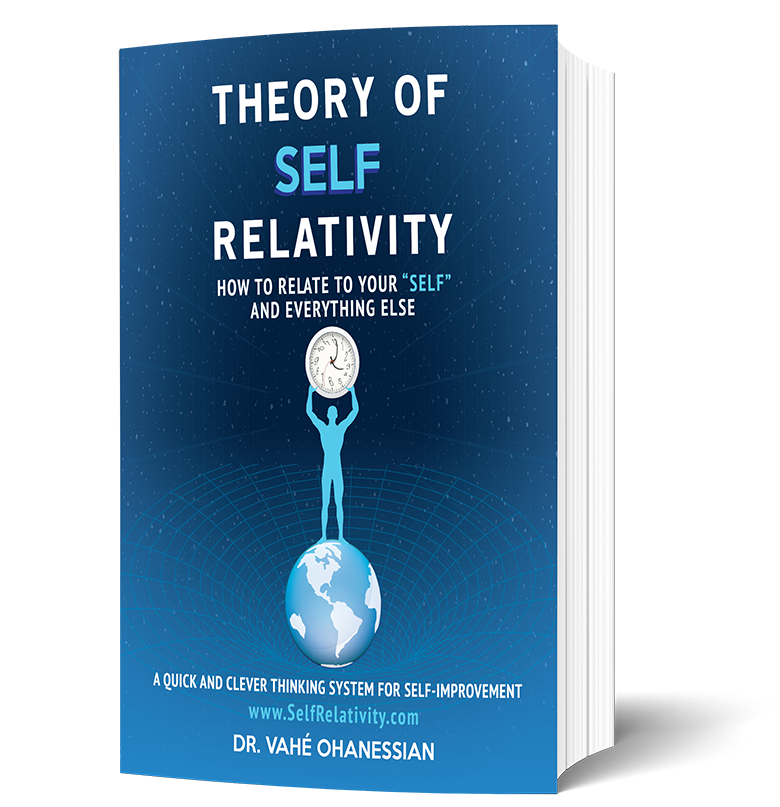Beliefs vs Knowledge
Theory of Self-Relativity defines a “belief” as “a thought, an opinion or an idea that is assumed but unproven with facts and evidence”.
Simply stated;
“A belief is a thought that has not yet been proven with facts”.
The key words to focus on in the definition of belief are “assumption” and “unproven” because a belief is simply a form of thought that has not been factually verified; therefore, a belief should only be an interim or temporary state-of-mind that is held until it is proven to factually be true or until it is discarded or dismissed when factually proven untrue or more commonly, it should be discarded when supportive facts and evidence could not be found. This is why majority of “long-term” beliefs are simply false-beliefs because they are Self or societally concocted placebo-thoughts. When a belief is proven with facts to be true; that belief is no more a belief, it becomes knowledge.
When you believe, you assume that you know; but you don’t know that you know.
This is why Theory of Self-Relativity defines a “belief” as “a thought, an opinion or an idea that is assumed but unproven with facts and evidence”.

When a belief proves to be factual, that belief will simply cease to exist as a belief and will become knowledge. If a personal-belief cannot be proven with facts, that belief should not carry as much weight as a personal-knowledge should. If supportive-facts for a belief cannot be found, then “time” should become the decisive factor for holding or dismissing that belief. The longer a belief is held without supportive facts being found for that belief; the less of an influence that belief should have in our life. If after a sufficient amount of time, no supportive evidence is found for a belief; we should then dismiss or eliminate that belief.
In the absence of facts, time is the best validator.
A belief must be dealt with similar to a scientific hypothesis. A scientific hypothesis is a thought or an idea that a scientist has which the scientist believes could be true. Neither the scientist, neither private companies nor the government begin relying and building on that hypothesis until and unless that hypothesis is proven factually and that hypothesis becomes knowledge. When a hypothesis or theory is proven factually it becomes knowledge and it is adopted into our way of life. Additionally, other scientists also try to disprove the hypothesis or the theory by doing more experiments and facts searching. If what was thought to be factual is proven to be nonfactual; that hypothesis is then modified or discarded and is not treated as knowledge; however, if that hypothesis, theory or knowledge cannot be falsified; it then remains as knowledge.
Knowledge is affirmed by trying to disprove one's beliefs.

